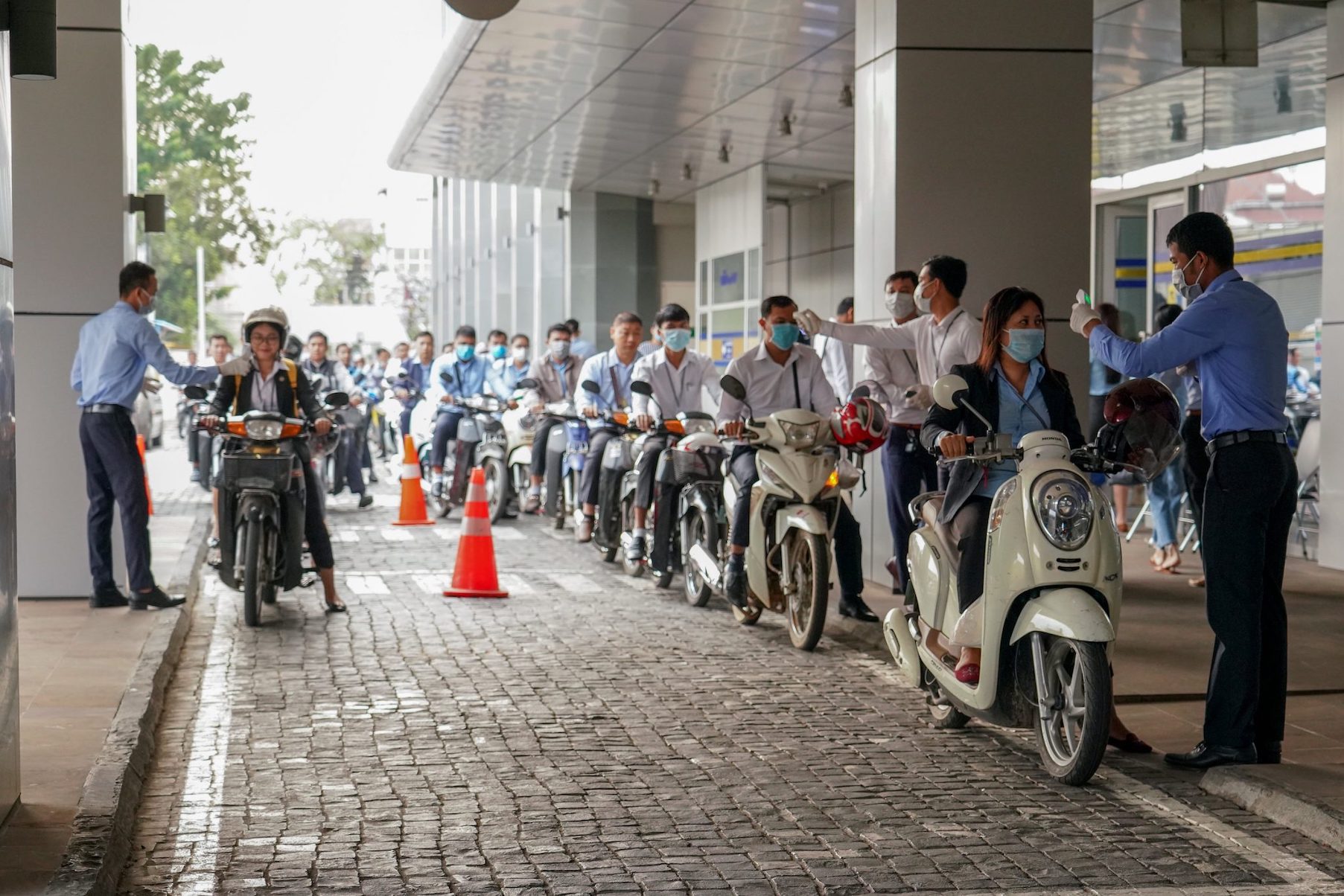LAMA ALTAHER WRITES — Who would have thought that Cambodia would have been successful in keeping the coronavirus outbreak under control?
This country of one-party rule with few checks and balances, with an authoritarian Prime Minister criticized by other countries in Southeast Asia, with a far from free electoral system and a system of rule by threats and intimidation, not to mention a deeply politicized judiciary-who would have thought such a country would have among the fewest coronavirus cases in the Southeast Asian region?
Cambodia was among the first to report covid-19 cases, following China’s announcement on January 27, 2020. Its effective emergency health response was due in part to its surveillance mechanisms. To help check the spread of the disease, the Cambodian government took bold measures such as imposing mandatory a 14-day quarantine for travelers entering the country and publishing the names of people infected with the virus. In addition, widespread public compliance with health measures, such as avoiding the “three Cs” — crowded places, close-contact settings and confined spaces- helped to reduce deaths.
Support from the World Health Organization and international partners has also been instrumental in Cambodia’s fight against Covid-19. WHO, the World Bank, the EU, China, Japan, France, Germany and the U.S have all played a pivotal role in coordinating and providing technical assistance that helped to revive Cambodia’s economy due to its COVID-19 response. In addition, several members of the Cambodian business elite have supported the country’s National Committee for Combating COVID-19 by providing huge donations. This support has helped to upgrade the efficiency of rapid response teams, field epidemiology training and national public health laboratory capacity as well as having contributed to a health infrastructure made up of highly trained and experienced personnel.
Cambodia’s COVID-19 success can be explained in socio-economic terms. Almost three-quarters of Cambodia’s population live in rural areas with a low population density. This makes it harder for the virus to spread and easier for the government to allocate resources to denser, higher-risk locations in urban areas. Since the outbreak of the pandemic, the Southeast Asian nation has registered a total of no more than 1,968 cases, with only eight deaths.
And so, Cambodia’s fight against the pandemic looks like a huge success story. The current vaccination drive is targeting 10 million. It looks like other countries might benefit from some of these hardline policies.

